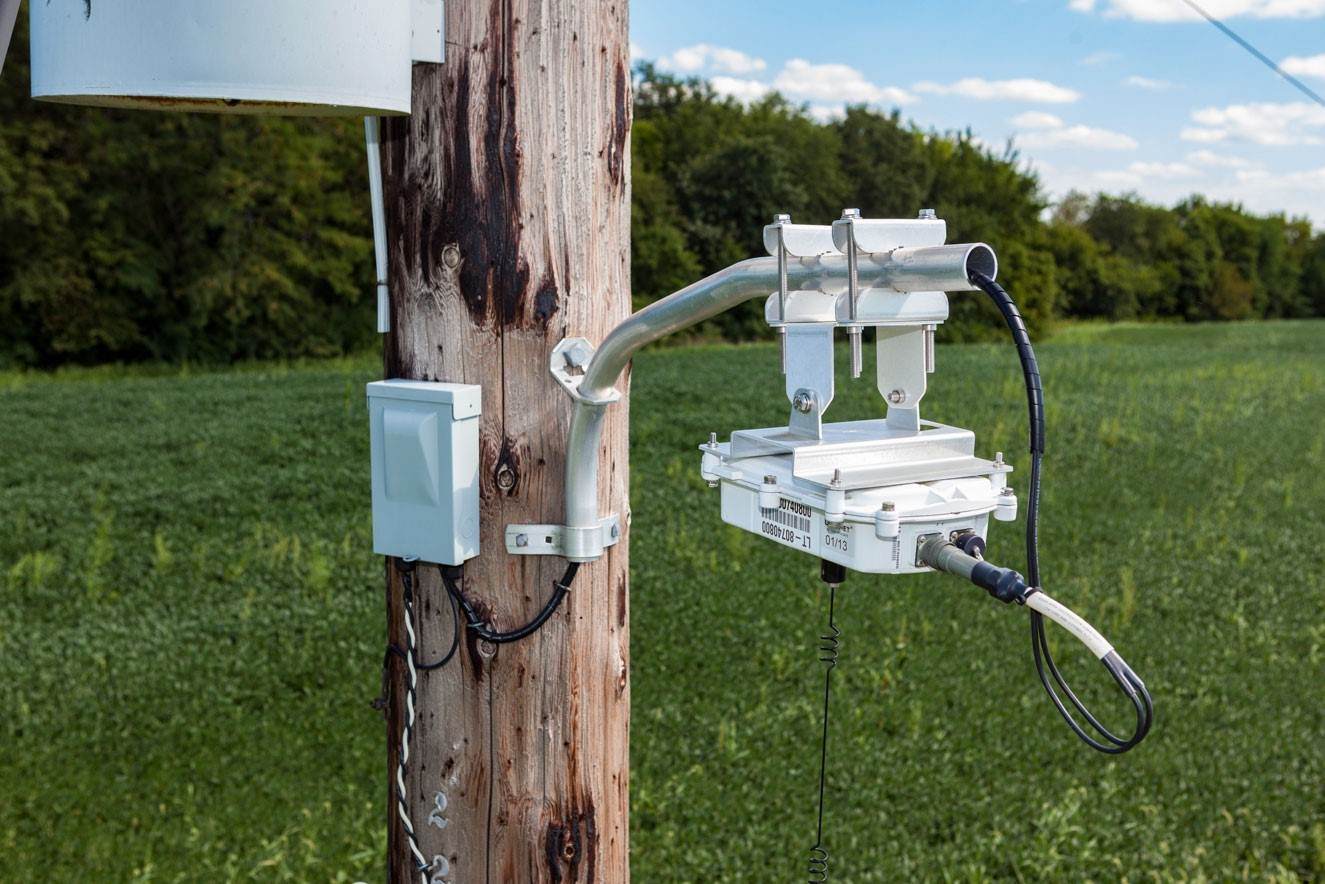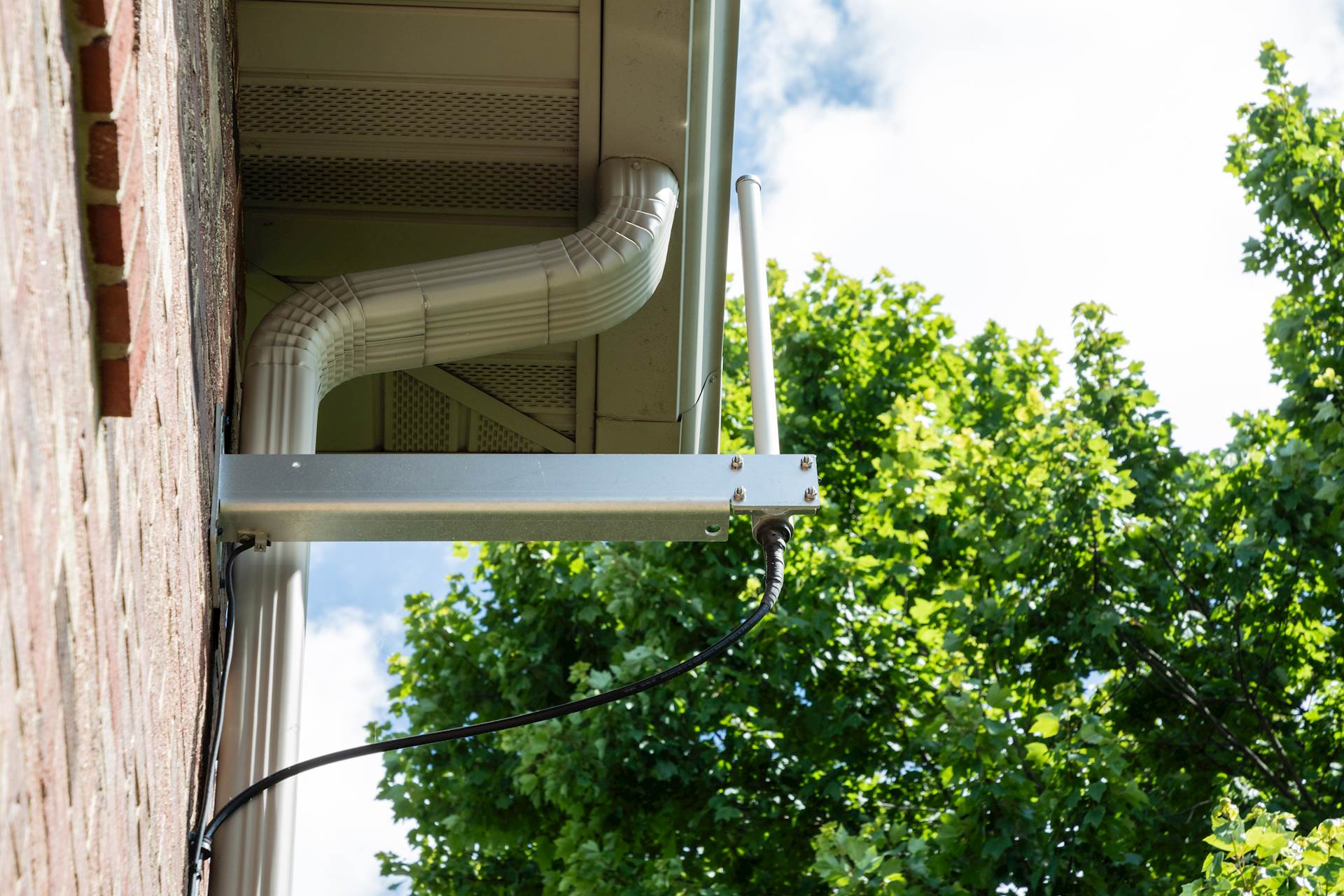 Hanson recently finished installing AMI devices as part of a statewide project for Ameren Illinois.
Hanson recently finished installing AMI devices as part of a statewide project for Ameren Illinois.
The dawn of advanced metering infrastructure (AMI) has brought a range of positive changes to the utility industry. An integrated, fixed-network system that gathers, stores and analyzes energy data allows utility companies and their customers to communicate in real time.
According to Energy Central, an organization for utility professionals and related groups, smart meters afford power companies the ability to monitor energy usage in real time and respond promptly to outages and other problems, enhancing reliability and decreasing customer wait times for repairs. Power providers can also glean data from smart meters that can help determine the most efficient ways to produce and distribute energy.
Remote access is one of the primary advantages of smart meters for power companies. The ability to virtually disconnect and reconnect service reduces the need for technicians to be present in potentially dangerous situations. Other advantages include more accurate billing; improved leak, outage and voltage monitoring; and automated data collection, which decreases the need for meter reading.
 Remote access is a primary advantage of smart meters for power companies.
Remote access is a primary advantage of smart meters for power companies.
AMI allows customers more control of their electricity usage and costs through web-based tools and smart thermostats, as well as the ability to reduce demand during peak times of the day. Residents can also benefit from faster response to outages. AMI systems are particularly beneficial for residents living in areas with a high frequency of outages because of severe weather.
Ameren Illinois upgrades to AMI
Hanson recently finished installing AMI devices as part of a statewide project for Ameren Illinois and is nearing completion of a similar project for Ameren Missouri. In Illinois, Hanson found a unique solution for a project in Springfield. Hanson identified locations for the infrastructure that included wooden poles specifically for the devices, as well as exterior placement on residential properties. Hanson’s project team obtained the necessary permits and easements and managed the contractor’s installation of the wood poles and placement of the devices mounted on homes.
 Hanson designed alternative locations for the infrastructure that included exterior placement on residential properties.
Hanson designed alternative locations for the infrastructure that included exterior placement on residential properties.
Land acquisition was another major aspect of Hanson’s work on the Springfield project. To help manage Ameren’s needs efficiently, Hanson developed a land management geographic information system (GIS) database for tracking project progress in real time and storing documents used in the land acquisition process. Tying the database to Ameren’s design locations helped with identifying potential locations for the AMI units and coordinating necessary changes throughout the project.
The Springfield deployment was so successful that Ameren expanded Hanson’s AMI installations to locations across Illinois. The statewide project involved 500 unit-installation locations, as well as additional land acquisition and coordination with landowners and contractors.
Smart meters make way to Missouri
Neighboring Ameren Missouri also recruited Hanson to assist with establishing its AMI metering infrastructure, and the project team provided land acquisition and construction management for installations at an initial 33 locations in downtown St. Louis. Hanson’s role later expanded to assisting Ameren Missouri through the negotiations of pole attachment agreements with over 15 rural electric cooperatives in Missouri in preparation of the deployment of that project. Hanson continued its land acquisition and construction efforts in Missouri, completing over 1,500 locations throughout the state.
Matt Heyen is Hanson’s power operations lead. He can be reached at mheyen@hanson-inc.com.